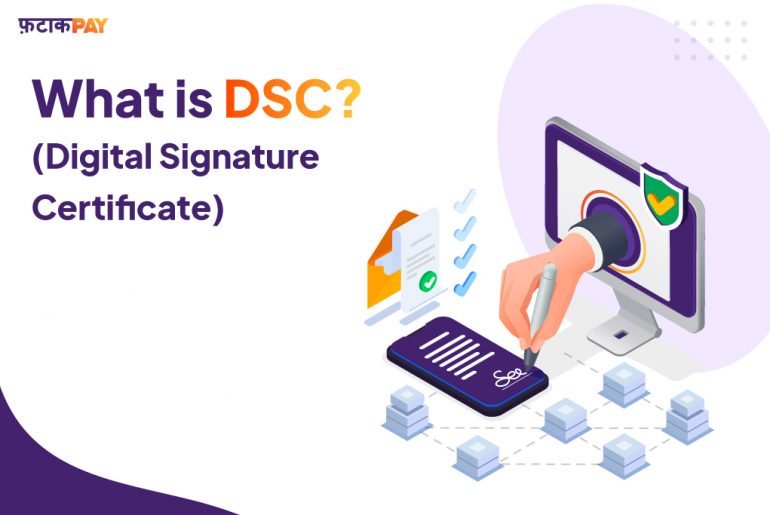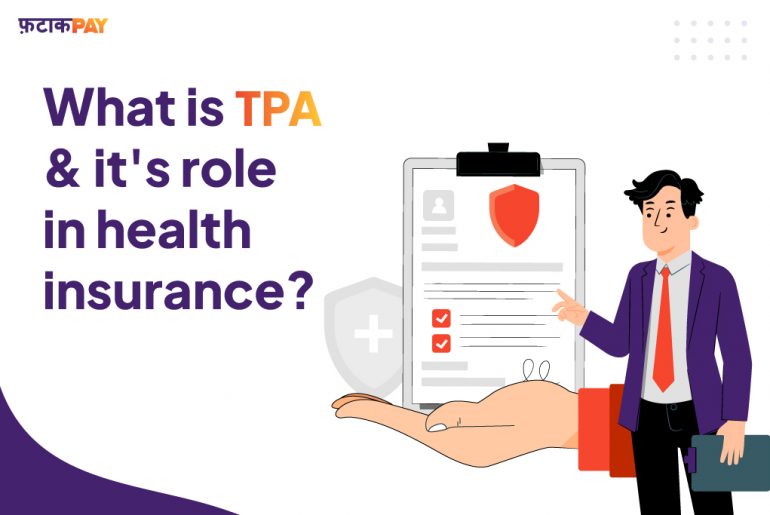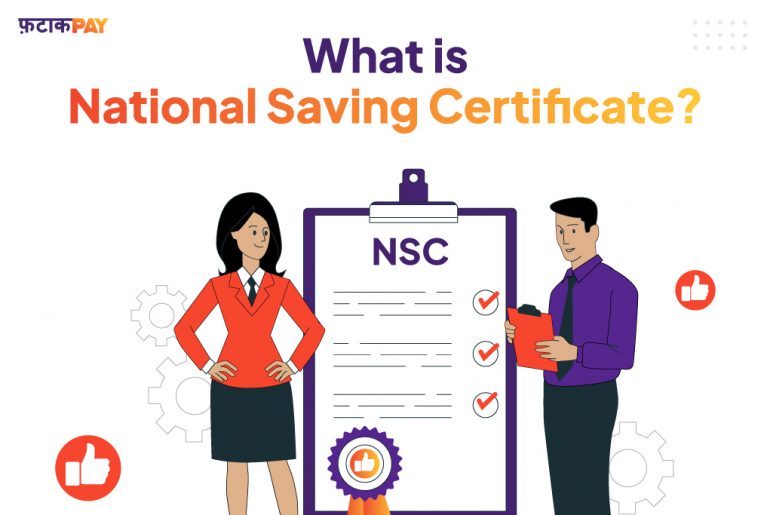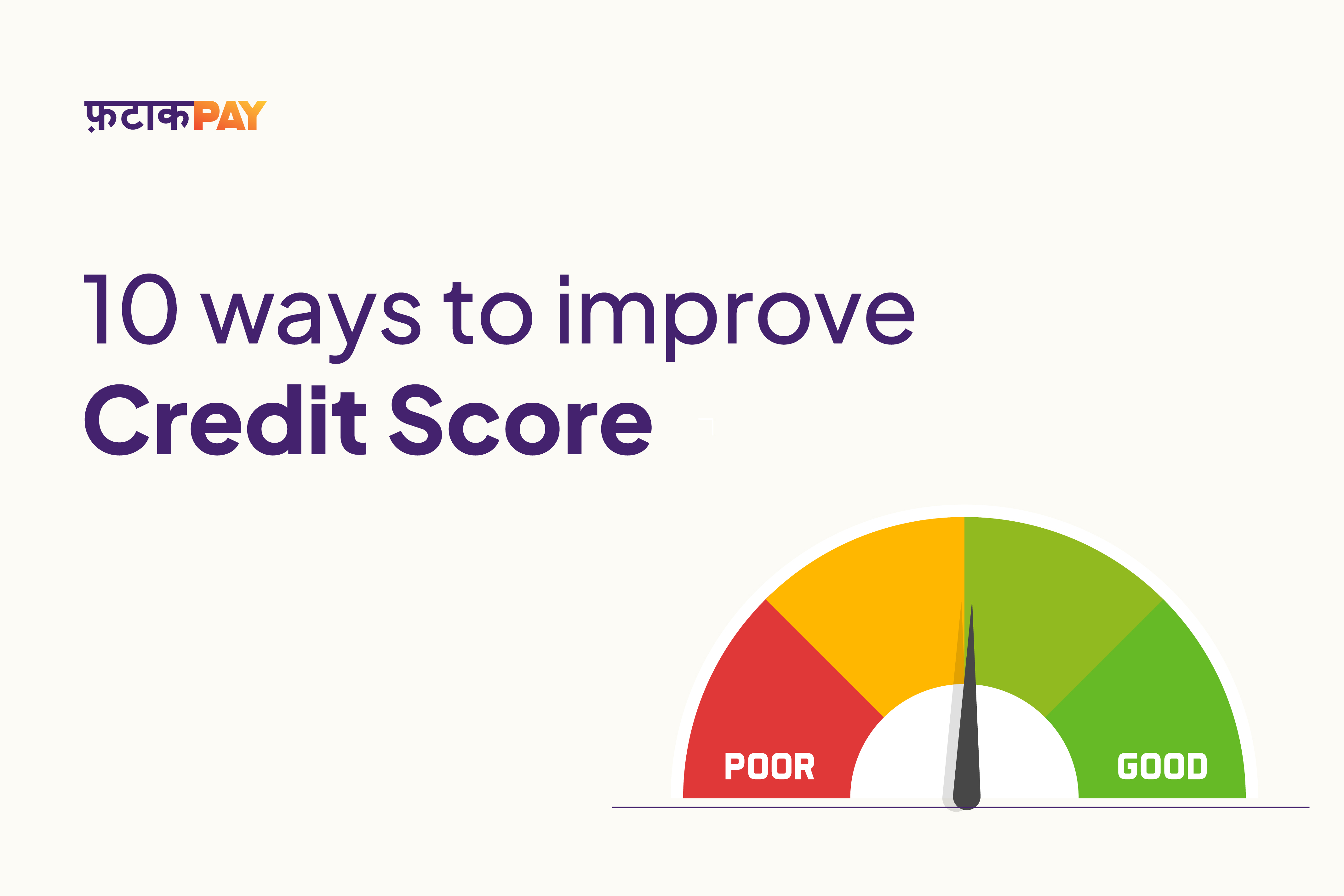Introduction to Digital Signature Certificate:
The Ministry of Corporate Affairs (MCA) launched the MCA 21 project with the following goals:
Forms should be e-centric, simplified, and online transactions should be encouraged. This is where Digital Signature Certificate comes in.
Prior to the execution of this project, the processes for classifying, storing, and retrieving paper-based records were quite difficult. There were lengthy lines outside the government buildings as a result of manual data gathering and verification procedures.
As a result, the MCA 21 Programme was put into effect to bring about business reforms, good governance, and regulation. The purpose of such a programme was:
The public has quick and easy access to records
For businesses to register their companies online
For professionals to provide their clients with effective services
Assist MCA in ensuring effective adherence to legislation and corporate governance
The MCA 21 Programme for e-governance includes a Digital Signature Certificate. This blog discusses the idea of DSC, several types of DSCs, and the registration process for DSC.
What is DSC?
A digital signature is nothing more than the subscriber to the document authenticating any electronic document. According to Section 3 of The Information Technology Act of 2000, such authentication is carried out using an electronic method or procedure.
A secure digital key that verifies the owner’s identity is a digital signature certificate (DSC). The DSC also includes personal data like an email address and an APNIC account name.
Additionally, when doing business online, this certificate serves as an authentication to confirm your credentials.
Any subscriber can therefore authenticate any electronic document by attaching a digital signature to it, subject to the restrictions of this section.
Why is DSC required?
The Information Technology Act of 2000 contains the rules on the use of digital signatures on documents submitted electronically. These guidelines are provided to establish the security and validity of any digitally filed papers.
Types of Digital Signature Certificates
Class 1
These certificates will be given to private subscribers and individuals. These certificates will attest to the existence of a user’s name (or alias) and email address in the certifying authority’s database for an unambiguous subject.
Class 2
These certifications are necessary since every director and signing authority in the ROC is now required to have a digital signature.
Consequently, obtaining a Class-2 or Class-2 with PAN encryption digital signature is now required. In this kind of DSC, a reliable pre-verified database is used to confirm the person’s identification.
Additionally, this is necessary for anybody who must sign manual paperwork and returns sent to the ROC.
Class 3
The improved form of Class 2 digital signature is Class III. You can participate in or place a bid in any form of online tender or auction in India by utilising this certificate. Therefore, each vendor must utilise a class 3 digital signature in order to take part in the e-tendering process.
The person asking for DSC must appear before the Registration Authority at this level, which is the highest level of DSC, and provide identification.
Components of a Digital Signature:
Private Key
Identity and Email Address
Date by which the Public Key Expires
Name of the Business
Digital ID serial number
The Certification Authority’s digital signature
The organisation that issues certificates has issued this signature.
Who can issue the Digital Signature Certificate:
Anyone requesting a DSC must submit an application to the Certifying Authority for the issuing of the Certificate in the manner and form that the Central Government may prescribe.
As a result, the CCA has authorised 8 Certification Agencies to issue DSCs to individuals who request them.
The following is a list of these Certification Authorities:
| Certification Agency | Website Link |
| National Informatics Centre (NIC) | https://www.nic.in/ |
| IDRBT Certifying Authority | http://www.idrbtca.org.in/ |
| SafeScrypt CA Services, SIFY Communications Ltd. | https://www.safescrypt.com/drupal/ |
| (n) Code Solutions CA | http://www.ncodesolutions.com/ |
| E-MUDHRA | http://www.e-mudhra.com/ |
| CDAC | https://esign.cdac.in/ |
| NSDL | https://www.egov-nsdl.co.in/ |
| Capricorn | certificate.digital |
Process of Obtaining Digital Signature From Certifying Authority
You must submit a properly filled-out and signed application for a Digital Signature Certificate (DSC) directly to the Certifying Authorities (CAs).
You must provide a self-attested copy of your PAN card and an ID proof containing the applicant’s photo and address along with the application.
Validity of Digital Signatures
The typical validity period for DSCs issued by Certified Authorities is one or two years. These may, however, be renewed in accordance with the format and costs that the Central Government may specify.
A minimum of 45 days prior to the DSC’s validity period expiring is required to submit the request for such a renewal.
Additional links:
We hope you enjoyed reading this article. Do check out our other blogs and articles as well.
https://fatakpay.com/blog/different-types-of-investments/
https://www.linkedin.com/pulse/rise-fintech-its-impact-traditional-financial-institutions-fatakpay/
https://www.linkedin.com/pulse/budget-2023-simplified-fatakpay/
https://fatakpay.com/blog/need-for-financial-security-in-todays-inflation-recession-economy/
About FatakPay:
FatakPay provides virtual credit facilities for all. It’s available on your phone and caters to your everyday needs in both online and offline formats. Payments are done seamlessly through UPI/QR codes. The solution provides an almost zero cost, free, quick, transparent and secure way to transact in a multilingual format with a Scan Now, Pay Later facility and easy repayment options.
Link to FatakPay App: https://link.ftkp.in/2uSI/dkasgvnf
Link to the Website: https://fatakpay.com/






